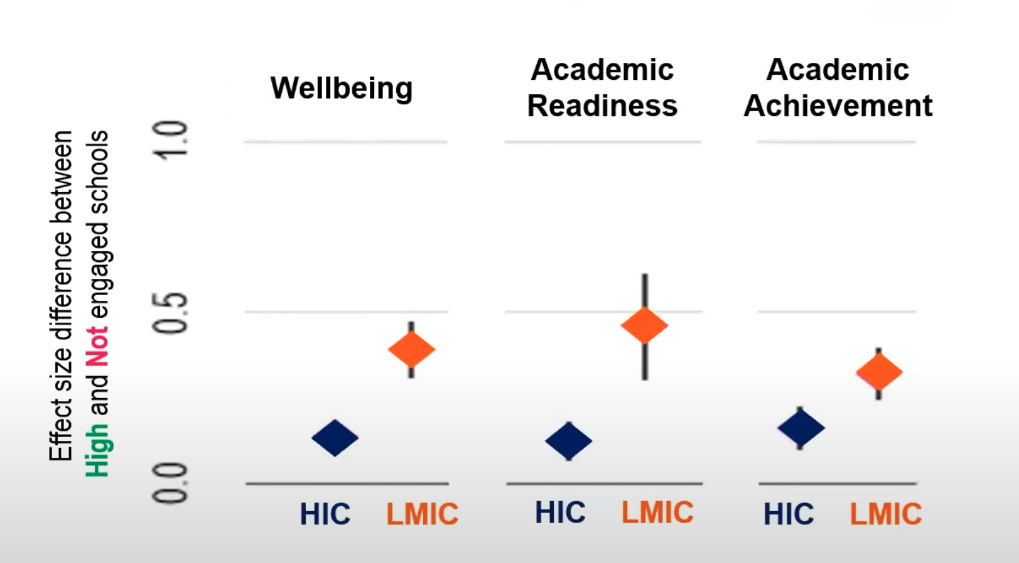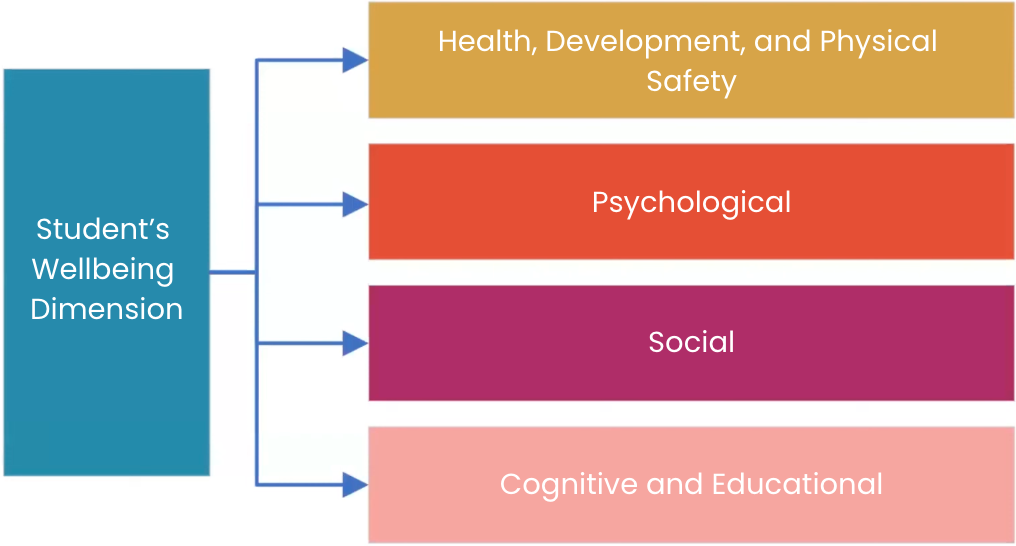
Fostering happiness and achievement among students: How can we make it work?
ACER news 19 Mar 2024 4 minute readA recent webinar, convened by the Australian Council for Educational Research (ACER), together with the Indonesian Educational Evaluation Association (HEPI), and the Indonesian Psychometric Association (APSIMETRI), explored the intricate connection between students' wellbeing, academic achievement, and prospects. You can watch the recording on our YouTube channel and access the reading materials here.
Attention to the wellbeing of students is key to help them achieve their full potential and attain success in academics, social relationships, and personal life.
- Urip Purwono
Webinar attendees were told awareness of students' wellbeing has been increasing since 1960, with recent research indicating that students perform better when their wellbeing is prioritised.
ACER Principal Research Fellow Dr Katherine Dix articulated a shift in the wellbeing trend from a clinical to a psychological perspective. Wellbeing programs are now designed to help students flourish, where previously they appeared focused on ‘fixing’ individuals. In practice, schools are presented with a variety of wellbeing programs, allowing them to choose those tailored to address their unique challenges.
Next, ACER Senior Research Fellow Julie Murkins presented the evidence-informed framework called the School Improvement Tool Elaborations: Student engagement and wellbeing. This resource provides further detail about the practices that enable schools to optimise student wellbeing regardless of their current stage in the journey. Both the Elaborations and the School Improvement Tool itself provide performance level descriptions across 9 inter-related domains, allowing schools to identify evidence of their practices.
Research indicates that the impact of student wellbeing on achievement is more pronounced in low and middle-income countries compared to high-income countries. Additionally, primary school students (Years 1-6) experience a more significant impact on achievement than secondary students (Years 7-12).

Looking at Indonesia’s socio-economic landscape, with 69 million families in the low-middle bracket (monthly household spending under IDR 5,000,000) in 2021, signifies the relevance for school wellbeing programs to provide positive impact towards students’ achievement.
As Urip Purwono, PhD said, “Attention to the wellbeing of students, is key to help them achieve their full potential and attain success in academics, social relationships, and personal life.”
To accurately monitor their students’ wellbeing and develop the right program to foster their students’ wellbeing, schools need a reliable assessment.
ACER Indonesia is developing a standardised assessment instrument of wellbeing that is tailored to Indonesian schools’ social and cultural values.

Quoting research from Wellbeing Australia, Dr Purwono explained that “happiness, while being crucial, only forms a part of your wellbeing – it can contribute to your life satisfaction but is not sufficient on its own to help you flourish.”
During the Q&A session, a teacher noted that, with the growing emphasis on mental health within schools, teachers often face dilemmas in promoting disciplines which, at times, can be perceived as ‘harsh’ and may potentially jeopardise students’ wellbeing.
In response, Dr Dix underlined the importance of setting strong boundaries on what is acceptable and not acceptable. She said students thrive in conditions where they know all actions have consequences, whether positive or negative.
Ms Murkins highlighted the shift from a punishment modality to an appreciative modality, creating a safe space for students to make mistakes and learn, and fostering a positive school culture that promotes high expectations for behavior, wellbeing, and learning.
This webinar reflects ACER Indonesia's commitment to disseminating knowledge among all stakeholders that supports learners at all stages, and of all backgrounds, to learn well and attain high standards.